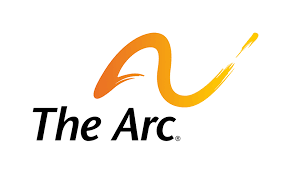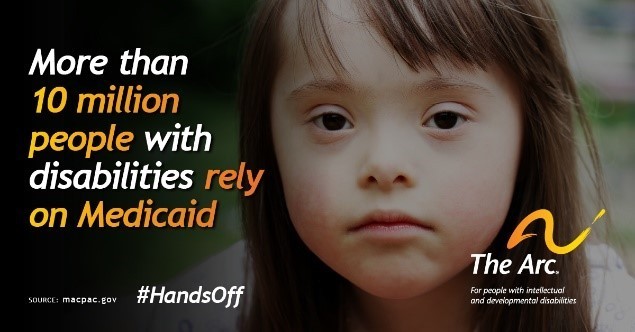| Take Action Now It’s Time for the Senate to Act! Tell Congress to Include the Disability Community in COVID-19 Relief Bills #WeAreEssential |
| Major Recent Events Biden Defeats Trump, Democrats Retain House Majority, Senate Majority Undetermined On November 3, the United States held elections for President, 35 Senators, and all members of the House of Representatives. According to all major networks, former Vice President Joe Biden is the projected or apparent winner with at least 290 electoral votes, compared to incumbent President Donald Trump’s 232. A minimum of 270 electoral votes is required to win. Additionally, most networks have called Georgia’s 16 electoral votes for Vice President Biden. All major networks project that Democrats will retain control of the House of Representatives with a smaller majority than they have in the current Congress. Senate Republicans will control at least 50 seats while Senate Democrats will control at least 48 (including 2 Independents in their caucus). Control of both of Georgia’s Senate seats will be determined by a run-off election on January 5, because Georgia law requires candidates to receive more than 50% of the vote in order to win. Republicans need only win one of the two seats to retain their majority. Democrats must win both seats to create a tie. If both parties control 50 seats, Democrats will become the majority party by virtue of the Vice President’s tie-breaking vote. Most newly elected members of Congress will take office on January 3. President-elect Biden and Vice President-elect Kamala Harris will take office on January 20. See The Arc’s Statement. Senate Appropriations Committee Releases Draft FY 2021 Appropriations Bills On November 10, the Senate Appropriations Committee released its draft appropriations bills for fiscal year (FY) 2021. Most of The Arc’s priority programs receive level funding. However, some programs receive significant increases, including Lifespan Respite Care Act (16%), Special Olympics Education Programs (12%), and Postsecondary Programs for Students with Intellectual Disabilities (16.9%). The House and Senate will need to reconcile the considerable differences in their spending bills to avoid another continuing resolution. Funding levels for The Arc’s priority programs can be found here. |
| The Arc is fighting for the human and civil rights of people with I/DD and their right to live and be included in their communities. Our success depends on support from advocates like you. Donate today! |

